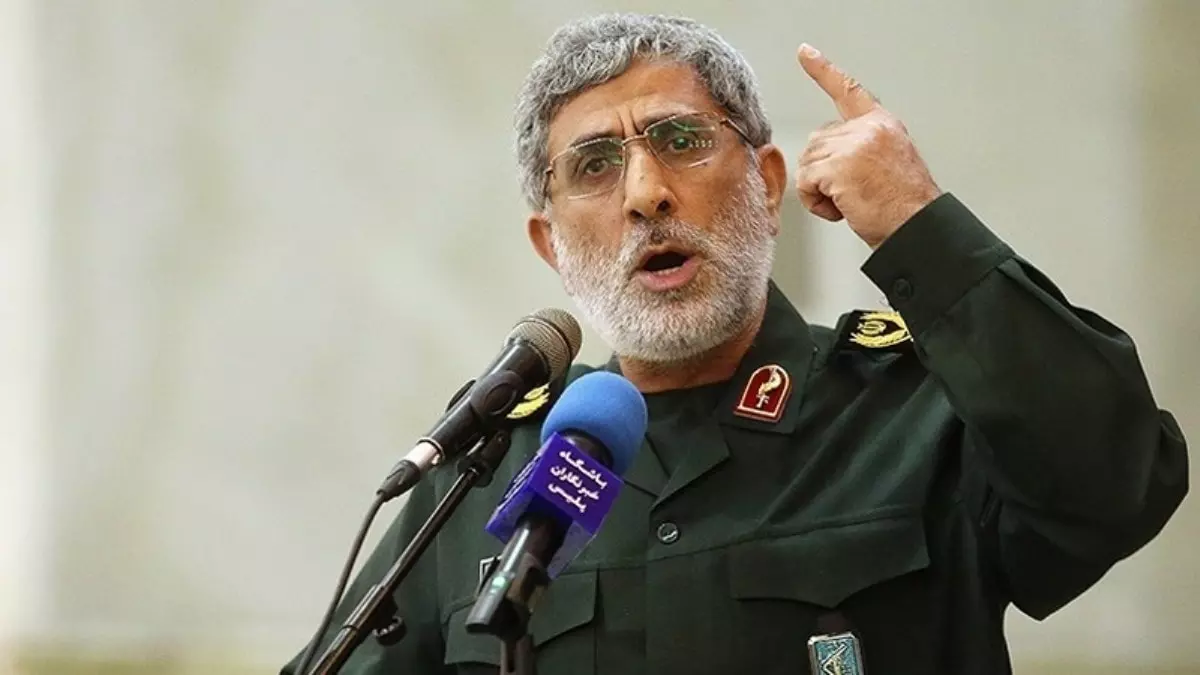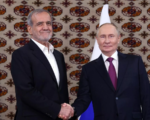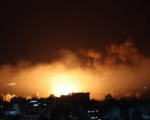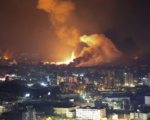Quds Force Commander Missing After Beirut Strikes, Fate Unknown

Iran’s Quds Force commander, Esmail Qaani, has been missing since a series of Israeli airstrikes in Beirut, according to Iranian officials. Qaani, who traveled to Lebanon following the death of Hezbollah leader Sayyed Hassan Nasrallah in a previous Israeli strike, has not been heard from since Israeli forces targeted the Dahiyeh district late last week.
According to Reuters, two senior Iranian security officials confirmed that Qaani was in Beirut’s southern suburbs, known as Dahiyeh, during the attack but was not in a meeting with Hashem Safieddine, a senior Hezbollah official and potential successor to Nasrallah. Safieddine’s fate remains unclear, and Hezbollah has indicated that it will only make an announcement once their search efforts conclude.
Iran’s Islamic Revolutionary Guards Corps (IRGC), who named Qaani as the commander of the Quds Force after the 2020 assassination of Qassem Soleimani by a U.S. drone strike, have been unable to establish contact with him since the latest strikes. The Quds Force is responsible for managing Iran’s military and intelligence operations across the Middle East, including its coordination with Hezbollah.
Escalating Conflict and Missing Leaders
Israel has intensified its military operations in Dahiyeh, targeting Hezbollah and its leadership. While Israel has not confirmed Qaani’s presence in Beirut during the attacks, Israeli military spokesperson Lieutenant Colonel Nadav Shoshani acknowledged that the strikes targeted Hezbollah’s intelligence headquarters. The Israeli military is still assessing the results and has not ruled out that key figures, including Qaani, may have been killed.
Shoshani stated, “When we have more specific results from that strike, we will share it. There’s a lot of questions about who was there and who was not.”
Qaani’s mission in Beirut followed the September 27 airstrike that killed Nasrallah and Brigadier General Abbas Nilforoushan, another high-ranking member of the Iranian Revolutionary Guards. The strikes have fueled tensions between Israel and Hezbollah, with Israel continuing its operations against Iranian-backed forces in Lebanon.
Strategic Importance of the Quds Force
As the head of the Quds Force, Qaani oversees Iran’s support for militias and proxy forces throughout the region, including Hezbollah. His disappearance, alongside the loss of prominent figures like Nasrallah and Nilforoushan, would mark a significant blow to Iran’s influence and military capabilities in Lebanon.
Safieddine, who was seen as the likely successor to Nasrallah, was reportedly the target of the latest Israeli attack. His potential death would further complicate Hezbollah’s leadership structure, as the group faces internal uncertainty while under relentless pressure from Israel.
Ongoing Search Efforts
Hezbollah continues its search for Safieddine amid reports that Israel has hindered these efforts by maintaining a heavy military presence in the area. Despite the devastation caused by recent airstrikes, Hezbollah has not released any updates on Safieddine’s condition. His survival or demise could significantly impact the organization’s future direction and Iran’s continued influence in the region.
As Iran and Hezbollah navigate the aftermath of these attacks, the disappearance of Qaani and the leadership vacuum left by Nasrallah’s death have raised concerns about the future of Iran’s proxy operations in Lebanon.





















